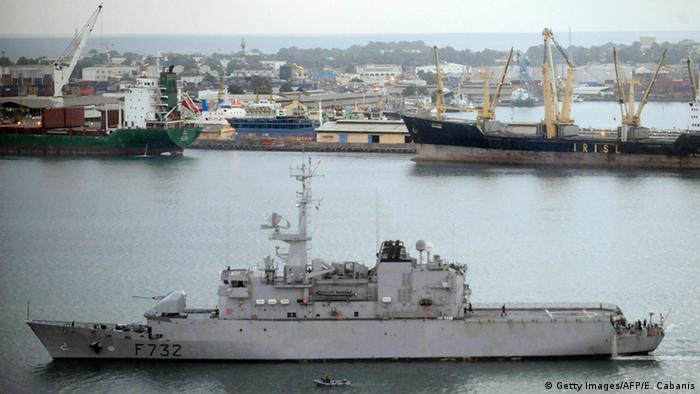Date: Wed, 23 Dec 2015 23:33:32 +0100
Date 23.12.2015
Rival accounts of the fatal unrest have been given by the Djibouti authorities and an opposition group. Up to 19 people may have been killed according to the government and opposition reports.
Djibouti Foreign Minister Al Youssouf on Tuesday said the fatalities occurred when police and troops broke up a crowd of "several hundreds" armed with knives, machetes and two Kalashnikov guns.
The opposition Union for National Salvation (USN) said 19 people were killed when police attacked a banned religious gathering and then a house where political opponents were meeting in Djibouti's district of Buldhogo.
Youssouf said the USN's depiction was exaggerated, saying six of those killed had machete cuts and the seventh was a girl hit by a bullet. An inquiry had been launched into how the incident had begun, he said.
Djibouti's interior minister Hassan Omar Mohamed accused "dozens of armed individuals" of attacking security forces in the Buldhoqo district and said people "from abroad" had stoked the violence.
Both sides said dozens of other people, including civilians and police officers, were wounded during the unrest in the former French colony.
Strategic maritime bases
Although a small majority Muslim nation of only 876,000, Djibouti hosts strategic military bases, including naval facilities, of the United States, France and Japan.
The tiny nation has also been used by other foreign navies, including Germany's, for patrols of Gulf of Aden shipping lanes - en route to the Suez Canal - and against pirates operating from neighboring Somalia.
China too has shown interest. A senior Chinese army general Fang Fenghui visited Djibouti last month, ostensibly to discuss the setting up of a "supply station."
Foreign aid organizations, including the UN's World Health Organization and the International Red Cross, have used Djibouti as a hub for deliveries, for example, to war-torn Yemen on the other side of the Gulf of Aden.
Hard-line administration
Djibouti's President Ismail Omar Guelleh has been in power since 1999. A new presidential election is due in April 2016.
Guelleh's hard-line government cracked down hard on the opposition in 2011, when anti-government demonstrators, buoyed by revolutions sweeping northern Africa and Middle East, demanding that the president step down.
During parliamentary polls in 2013, protestors clashed with police, saying the results were rigged, a charge Guelleh's administration denied.
Djibouti is also a contributor of troops to the African Union force in Somalia.
ipj/jm (Reuters, AFP, AP)
